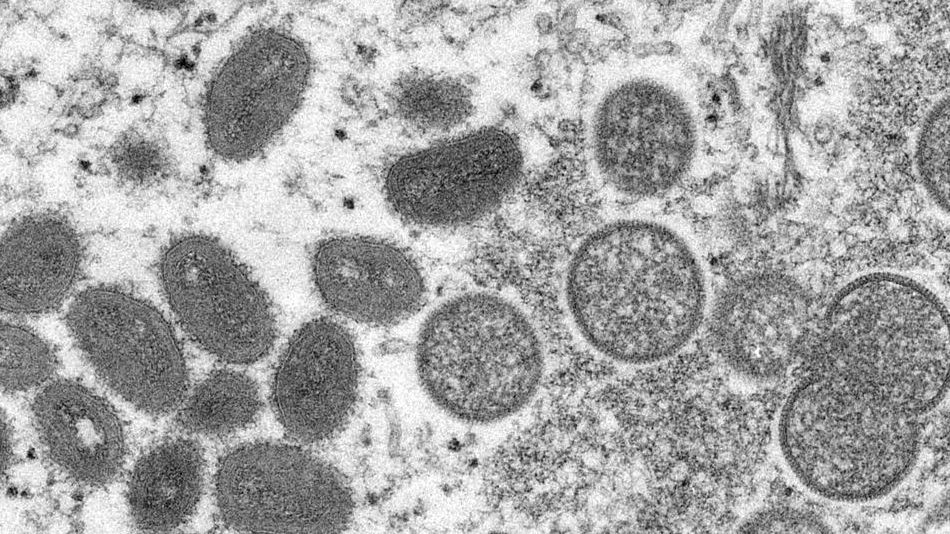The U.S. Centers for Disease Control and Prevention confirmed monkeypox infection in the three remaining Hawaii cases initially classified as probable for the disease.
With that, all five monkeypox cases reported here have been officially confirmed.
The state Department of Health reported earlier this week that all five cases are connected.
The first case of monkeypox in Hawaii was detected on June 1 when an individual was admitted to Tripler Army Medical Center with symptoms. The two most recent cases were reported on Wednesday.
DOH deputy state epidemiologist Nathan Tan said Wednesday the risk of infection remains low.
DOH continues to conduct contact tracing and coordinate vaccination and treatment, which can be effective in controlling monkeypox infection.
Monkeypox infection begins with flu-like symptoms such as fever, headache, muscle aches, chills, exhaustion and swollen lymph nodes. Infection progresses to a rash or sores, often on the hands, feet, chest, face, or genitals. Individuals generally become ill within 21 days of exposure.
Monkeypox can spread through direct contact with body fluids, lesion material, or items used by someone with monkeypox as well as close, prolonged contact with an infected person or animal. Monkeypox can be spread through large respiratory droplets. These droplets generally cannot travel more than a few feet, so prolonged face-to-face contact is required.
Individuals with monkeypox symptoms are advised to immediately contact their health care provider.
Nationwide, monkeypox cases have been disproportionately reported among gay or bisexual men. In Hawaii, at least some of the cases have been reported among gay or bisexual men. However, anyone who has close contact with someone with monkeypox is at risk of infection, regardless of sexual orientation or gender identity.
DOH encourages members of the community to respond with “an inclusive, fact-based approach” when discussing monkeypox to avoid stigmatizing people who may have the disease and possibly dissuading them from seeking health care services.



